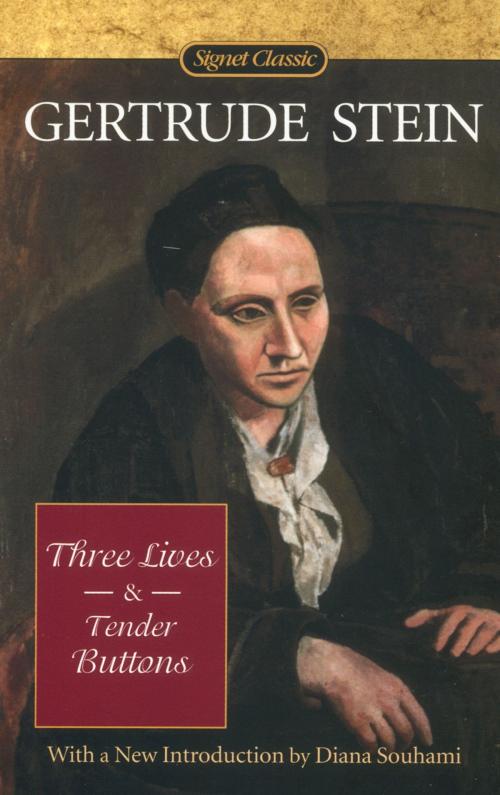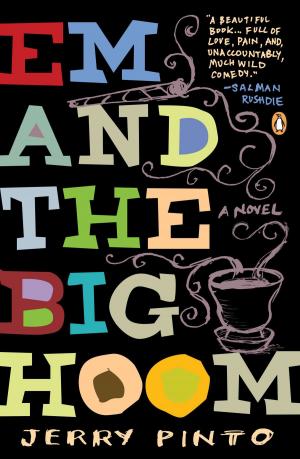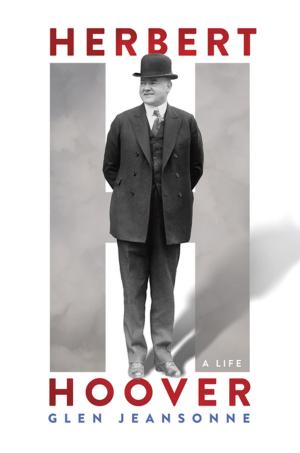| Author: | Gertrude Stein | ISBN: | 9781101498316 |
| Publisher: | Penguin Publishing Group | Publication: | February 4, 2003 |
| Imprint: | Signet | Language: | English |
| Author: | Gertrude Stein |
| ISBN: | 9781101498316 |
| Publisher: | Penguin Publishing Group |
| Publication: | February 4, 2003 |
| Imprint: | Signet |
| Language: | English |
Three Lives
Three short stories comprise Gertrude Stein’s first significant work, each a psychological portrait of a different woman. “The Good Anna” is a kindly but domineering German servant. “The Gentle Lena” apathetically endures her miserable life until she dies in childbirth. “Melanctha” is a young Black woman learning about sexuality and love. Different as they may be, all three women are bound by poverty—and all three face the restrictions of class, race, and sex with resignation.
Tender Buttons
Stein spoke of maintaining a “continuous present,” comprised of “moments of consciousness,” independent of time and memory. Nowhere is this more clear than in her prose poems Tender Buttons. Their repetitive sentences, juxtaposition of sounds, and simple language connote this continuous presence. To live in this state is “to begin again and again,” to “use everything.” Each of the three sections, “Objects,” “Food,” and “Rooms,” employs both this repetition and disjointed words to build images. Prose poetry at its most abstract expression, Tender Buttons “is to writing…what cubism is to art.” (W.G. Rogers)
Three Lives
Three short stories comprise Gertrude Stein’s first significant work, each a psychological portrait of a different woman. “The Good Anna” is a kindly but domineering German servant. “The Gentle Lena” apathetically endures her miserable life until she dies in childbirth. “Melanctha” is a young Black woman learning about sexuality and love. Different as they may be, all three women are bound by poverty—and all three face the restrictions of class, race, and sex with resignation.
Tender Buttons
Stein spoke of maintaining a “continuous present,” comprised of “moments of consciousness,” independent of time and memory. Nowhere is this more clear than in her prose poems Tender Buttons. Their repetitive sentences, juxtaposition of sounds, and simple language connote this continuous presence. To live in this state is “to begin again and again,” to “use everything.” Each of the three sections, “Objects,” “Food,” and “Rooms,” employs both this repetition and disjointed words to build images. Prose poetry at its most abstract expression, Tender Buttons “is to writing…what cubism is to art.” (W.G. Rogers)















